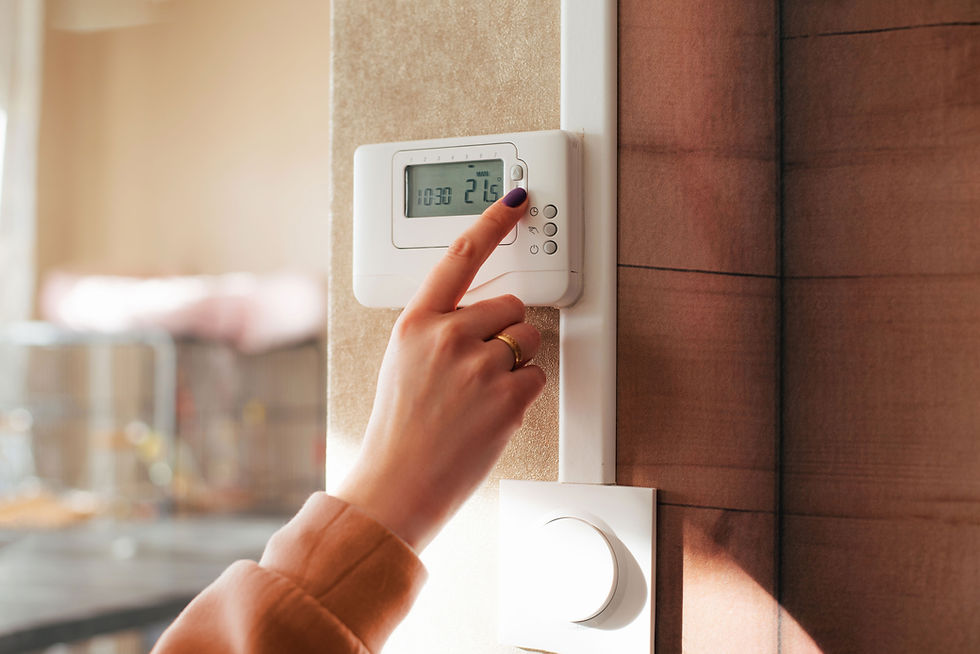
5 Ways to Save Money on Your Electricity Bills
Are your electricity bills skyrocketing? You’re not alone. Many homeowners and businesses in London are looking for ways to cut down on energy costs without sacrificing comfort or convenience. At Norm Electrical Engineering, we’re here to help you save money while keeping your property safe and efficient. Here are 5 practical tips to reduce your electricity bills:
1. Upgrade to Energy-Efficient Lighting

One of the easiest ways to save money is by switching to LED bulbs. LED lights use up to 75% less energy than traditional incandescent bulbs and last significantly longer. Not only will you save on your electricity bill, but you’ll also reduce the frequency of bulb replacements.
Pro Tip: Consider installing motion sensors or dimmer switches to further optimize your lighting usage.
2. Unplug Devices When Not in Use

Did you know that appliances and electronics continue to draw power even when they’re turned off? This is known as “phantom energy” or “vampire power.” To avoid wasting electricity, unplug devices like chargers, TVs, and computers when they’re not in use. Alternatively, use a smart power strip to cut off power to multiple devices at once.
3. Schedule Regular Electrical Maintenance

Faulty wiring, outdated electrical panels, and inefficient systems can lead to higher energy consumption. By scheduling regular electrical maintenance with a certified electrician, you can ensure your system is running efficiently and safely.
At Norm Electrical Engineering, we offer comprehensive electrical inspections and maintenance services to help you identify and fix issues that could be driving up your bills.
4. Invest in Energy-Efficient Appliances

Older appliances tend to consume more energy than newer, energy-efficient models. When it’s time to replace your fridge, washing machine, or dishwasher, look for appliances with a high Energy Efficiency Rating (EER). While the upfront cost may be higher, the long-term savings on your electricity bill will make it worth it.
5. Install a Smart Thermostat

Heating and cooling account for a significant portion of your energy usage. A smart thermostat allows you to control your home’s temperature remotely and create energy-saving schedules. For example, you can lower the heat when you’re not home and have it warm up just before you return.
Bonus Tip: Pair your smart thermostat with proper insulation to maximize energy savings.
Need Help Saving on Your Electricity Bills?
At Norm Electrical Engineering, we’re committed to helping London homeowners and businesses reduce their energy costs while maintaining a safe and efficient electrical system. Whether you need an electrical inspection, lighting upgrades, or expert advice, our team is here to help.
Contact Us Today:
Phone: 07724 308998 or 0208 245 8400
Email: info@normelectric.co.uk
Website: https://www.normelectric.co.uk/
5 Ways to Save Money on Your Electricity Bills
By implementing these tips, you can start saving money on your electricity bills today. And if you need professional assistance, don’t hesitate to reach out to the experts at Norm Electrical Engineering!


ความคิดเห็น